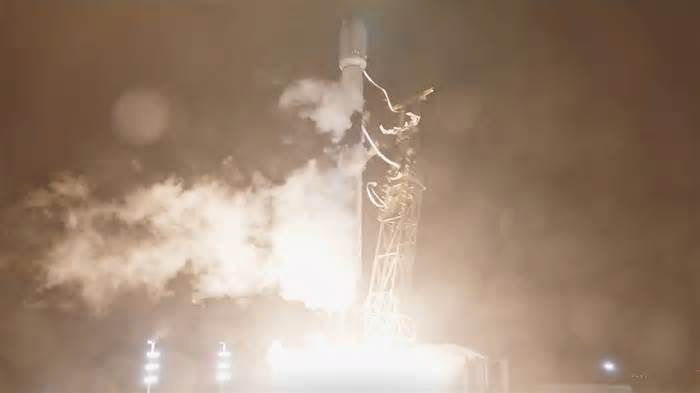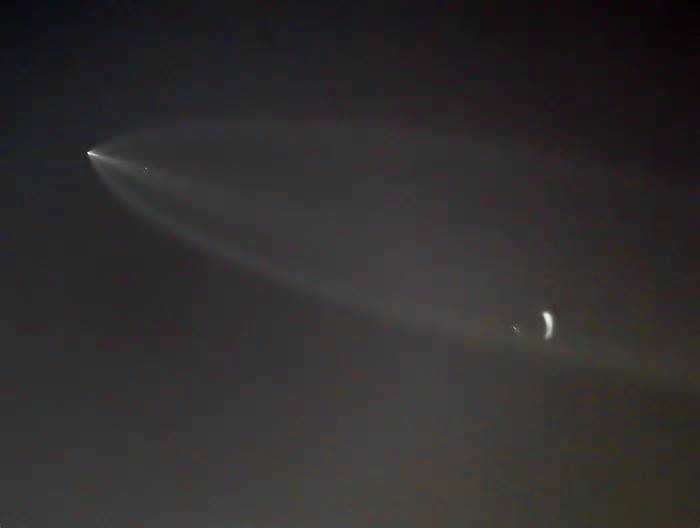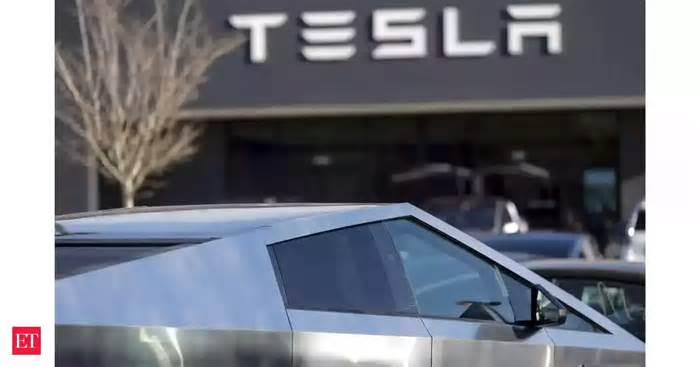
After Court Win, SpaceX Presses FCC to Clear Second-Gen ... - PCMag
- by PC Magazine
- Aug 30, 2022
- 0 Comments
- 0 Likes Flag 0 Of 5

(Pavlo Gonchar/SOPA Images/LightRocket via Getty Images)
SpaceX is using a recent court win to try and convince the FCC to approve the company’s plans for a second-generation Starlink network.
Last week, a US appeals court rejected lawsuits from Dish Network and Viasat that tried to reverse an FCC order permitting SpaceX to operate 2,814 first-gen Starlink satellites at lower orbits. On Monday, SpaceX sent a letter to the agency, arguing that the ruling shows why the FCC should dismiss concerns Dish and Viasat have about a second-generation Starlink network.
“In doing so, the court addressed and authoritatively disposed of several arguments that Dish and Viasat have once again raised against SpaceX’s second generation (‘Gen2’) system,” the company wrote in the letter.
You May Also Like
SpaceX says Dish and Viasat have been submitting their own analyses that claim the second-gen Starlink network exceeds certain power flow specifications. However, last week’s court ruling denied a similar analysis from Dish that found Starlink’s 2,814 first-gen Starlink satellites could cause radio interference, even though the FCC’s own findings found the risk was minimal.
“The court specifically rejected Dish’s attempt to substitute its own bespoke EPFD (Equivalent Power Flux Density) analysis in place of the one actually employed by the ITU (International Telecommunications Union),” the letter says. “Accordingly, the Commission must again reject the attempts by Dish and Viasat to replace the ITU-approved EPFD methodology with an approach that yields an outcome they prefer.”
SpaceX also notes the US appeals court rejected Viasat’s argument that an environmental review of Starlink should have been conducted—including its potential to cause satellite collisions—before the FCC granted permission to lower the orbits of 2,814 satellites. According to the judges, the probability of harm was deemed “much too speculative” because Viasat operates only a single satellite that flies close to SpaceX’s constellation.
Get Our Best Stories!
Please first to comment
Related Post
Stay Connected
Tweets by elonmuskTo get the latest tweets please make sure you are logged in on X on this browser.






 Energy
Energy


















